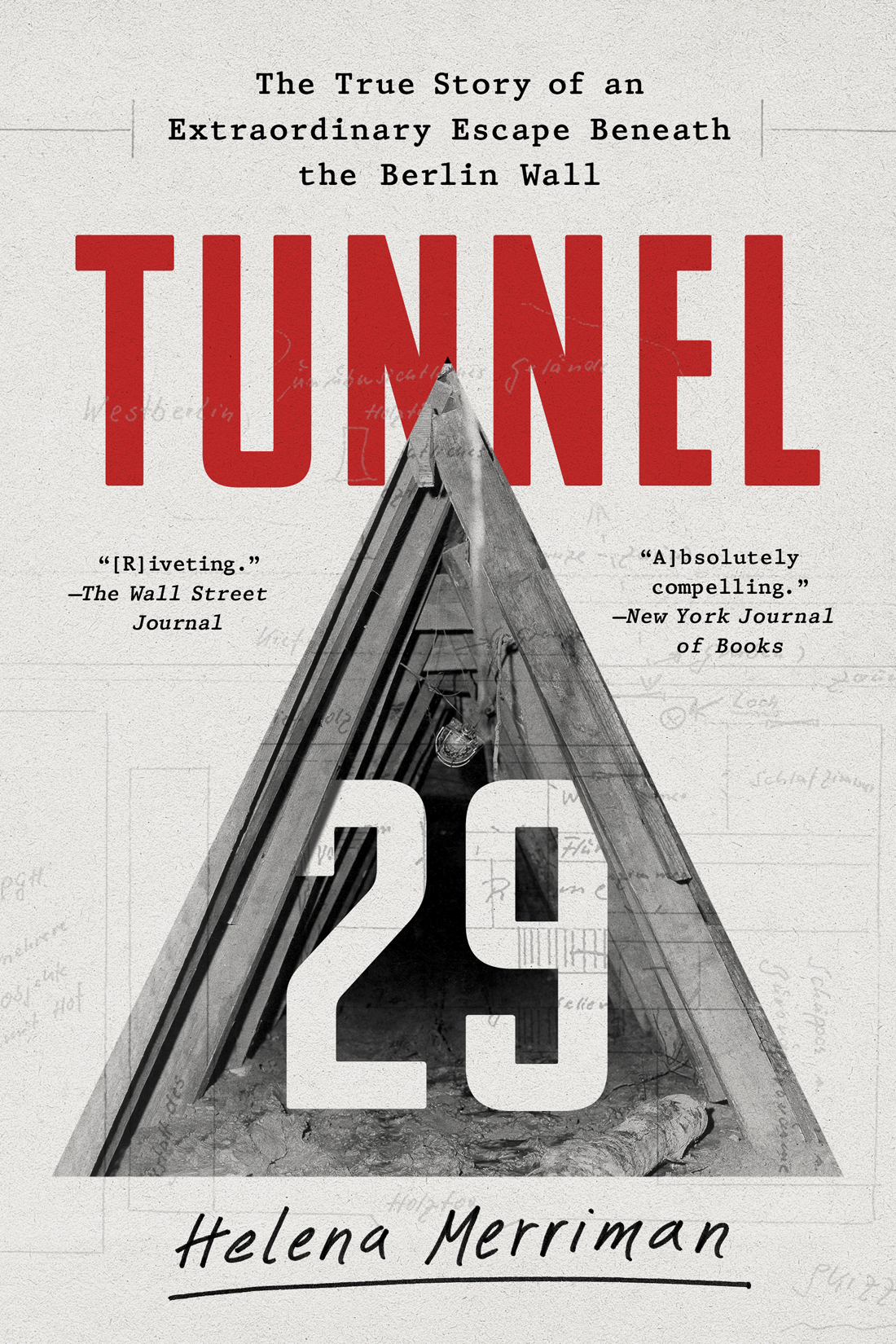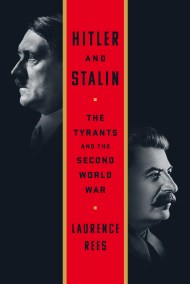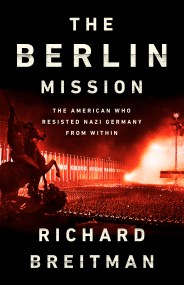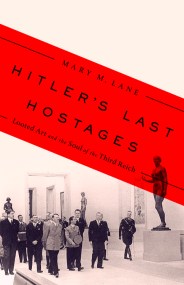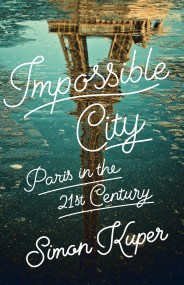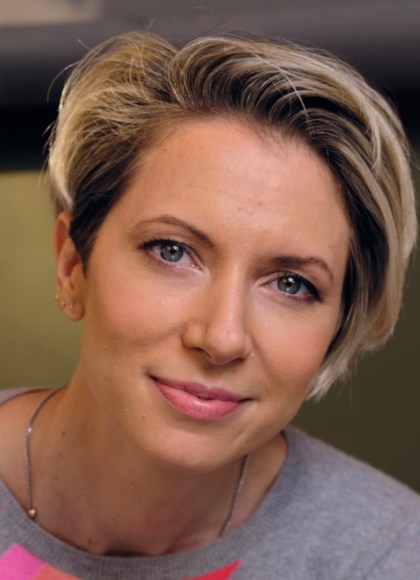By clicking “Accept,” you agree to the use of cookies and similar technologies on your device as set forth in our Cookie Policy and our Privacy Policy. Please note that certain cookies are essential for this website to function properly and do not require user consent to be deployed.
Tunnel 29
The True Story of an Extraordinary Escape Beneath the Berlin Wall
Contributors
Formats and Prices
- On Sale
- Jan 10, 2023
- Page Count
- 352 pages
- Publisher
- PublicAffairs
- ISBN-13
- 9781541788831
Price
$19.99Price
$25.99 CADFormat
Format:
- Trade Paperback $19.99 $25.99 CAD
- ebook $4.99 $4.99 CAD
- Audiobook Download (Unabridged) $27.99
This item is a preorder. Your payment method will be charged immediately, and the product is expected to ship on or around January 10, 2023. This date is subject to change due to shipping delays beyond our control.
Buy from Other Retailers:
In September 1961, at the height of the Cold War, 22-year-old Joachim Rudolph escaped from East Germany, one of the world’s most brutal regimes. He’d risked everything to do it. Then, a few months later, working with a group of students, he picked up a spade… and tunneled back in.
The goal was to tunnel into the East to help people escape. They spend months digging, hauling up carts of dirt in a tunnel ventilated by stove pipes. But the odds are against them: a Stasi agent infiltrates their group and on their first attempt, and dozens of escapees and some of the diggers are arrested and imprisoned. Despite the risk of prison and death, a month later, Joachim and the other try again and hit more bad luck: the tunnel springs a leak. After several attempts, run-ins with a spy and secret police, and some unlikely financial aid from an American TV network, they finally break through into the East, and free 29 people.
This is the story of their great escape, the NBC documentary crew that filmed it, and the U.S. government’s attempts to block the film from ever seeing the light of day. But more than anything, this is the story of what people will do to be free.
Genre:
-
“[R]iveting.”Wall Street Journal
-
“[A]bsolutely compelling, written in the style of a novelist…chilling… Tunnel 29 is a riveting story about what happens when people lose their freedom.”New York Journal of Books
-
“Merriman hitches her story to a band of protagonists – digger Joachim Rudolph, wannabe escapees Renate and Wolfdieter Sternheimer, spy Siegfried Uhse – and expertly ups the tempo of perspective changes until the narrative tension is as taut as in a thriller.”Philip Oltermann, Guardian
-
“[Y]ou start to care about these people, to feel the taut urgency of their work and despair at the cruelty of a system that was as deranged as it was effective. Merriman weaves together three separate but deeply connected narratives: the first, a remarkable feat of subterranean construction by some very brave men; the second, the omnipresent stranglehold of the not-secret-at-all police state on the entire population; and the third, a groundbreaking, award-winning NBC documentary that aired in December 1962 — one of the first reality shows in television history.”Washington Post
-
“‘Tunnel 29’, by Helena Merriman, a British journalist and broadcaster, began as a popular podcast, aired by the BBC in 2019 to mark the 30th anniversary of the fall of the wall. Happily, the written account is no less captivating….Ms Merriman weaves these strands together skilfully, offering enough context to explain her characters’ actions without distracting from their adventures…. Ms Merriman’s well-crafted book does justice to the extraordinary bravery of her characters.”Economist
-
"Merriman has reconstructed a lost history that unfolds like a heist movie."Pagan Kennedy, Week
-
“[A]n audacious and compelling tale, told with narrative tension and novelistic drive, creating a fascinating portrayal of life in Berlin in the early days of the wall.”Hannah Beckerman, Observer (UK)
-
“The chapters on the day of the escape are possibly the most suspenseful I have ever read, in fiction as well as nonfiction."Scotsman (UK)
-
“A fascinating account of a daring escape from a repressive regime as well as a vivid portrait of life in Berlin in the early days of the wall—and of the international impact of events in that city. Merriman effectively maintains the pace and suspense, giving readers a novelistic narrative with a solid foundation of fact. An entertaining real-life Cold War thriller following a group of students who escaped under ‘the Wall of all walls.’”Kirkus
-
“A gripping, real-life page turner, packed with great characters stuck in impossible situations. This is nonfiction at its very best, and more dramatic and incredible than any fiction I have read for a very long time.”John O’Farrell, cohost of the We Are History podcast
-
“Merriman takes us inside not only the tunnel, but also the personal lives of those who dug it. We feel we’re experiencing history as it happens. It’s a gripping story of bravery, determination, and, ultimately, love.”Lindsey Hilsum, author of In Extremis: The Life and Death of the War Correspondent Marie Colvin
Newsletter Signup
By clicking ‘Sign Up,’ I acknowledge that I have read and agree to Hachette Book Group’s Privacy Policy and Terms of Use

